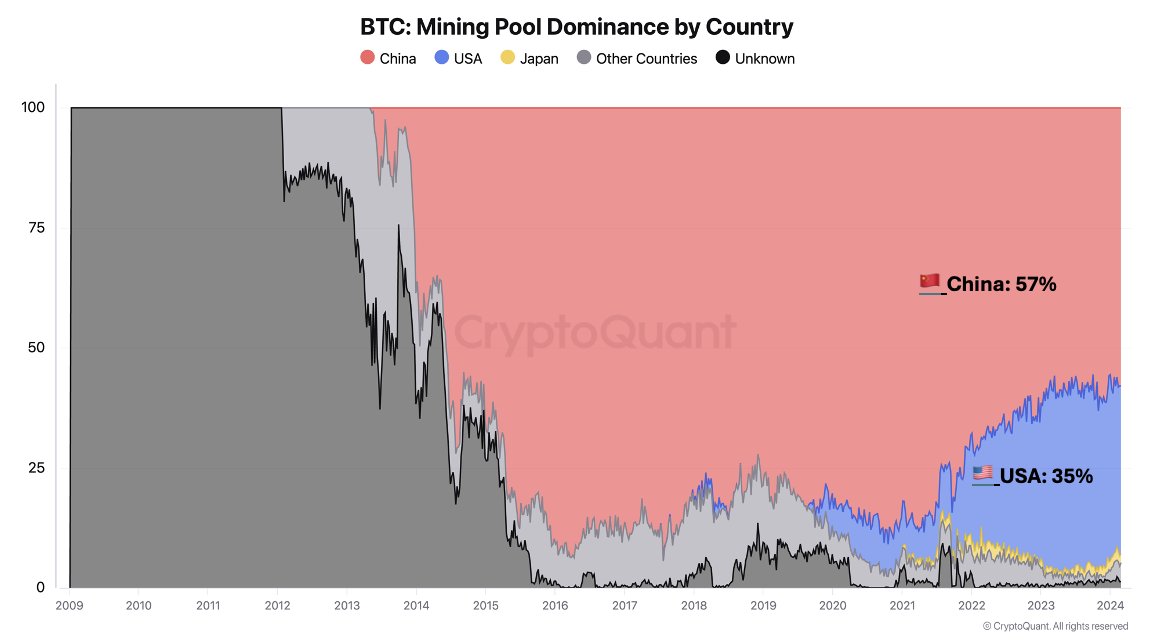On Thursday, local news outlet TASS reported that the Russian president has signed a law allowing crypto mining in the country. The law would allow registered mining firms and certain individuals to mine Bitcoin and cryptocurrencies in the state.
According to the law, only miners registered with the Ministry of Digital Development are authorized to start operations in the country. Unregistered individuals whose energy usage has not exceeded the government’s consumption limit are also allowed to mine cryptocurrencies.
The report also stated that Russia would allow digital asset trading on its local platforms as the Bank of Russia deemed fit. However, the country’s central bank reserves the right to stop these operations if they compromise its financial stability.
Russia Opens Borders to Crypto Mining
The former Soviet Union state had, in the past, kept a skeptical view of cryptocurrencies, banning the use of digital assets in the country. Bitcoin and other virtual currencies were once viewed as assets for money laundering in the state.
However, with evolving technological trends and institutional adoption of Bitcoin, Russia has significantly shifted its attitude towards cryptocurrencies. An intending international trade ban on Russia and its quest to reduce dependence on the dollar has seen it turn to digital assets.
The State of Duma first approved the law allowing crypto mining in Russia on July 30. Miners were allowed to begin operations on November 1, 2024. The TASS report showed that Putin consented to the new regulation on Thursday.
Competitive Bitcoin Hashrate
Russia’s involvement in crypto mining will create a more competitive hashrate for the Bitcoin dominance pool. Countries like China and the US would face better competition for minting the remaining supply of Bitcoin.
Despite a ban on cryptocurrency in China, the state still controls about 57% of the Bitcoin mining pool. The US sits second with 35%, a plot the Republican candidate Donald Trump is looking to overturn.

Russia’s entry into crypto mining will boost the hashrate, strengthen network fundamentals, and diversify mining politics, CryptoQuant’s analyst, Ki Young Ju, said in a tweet.
